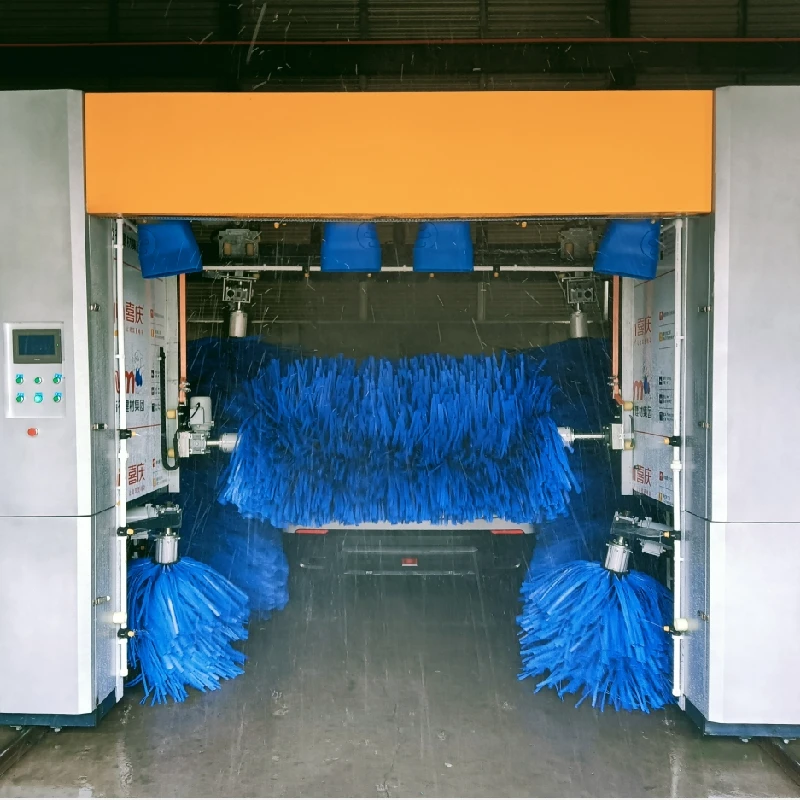
- Afrikaans
- Albanian
- Amharic
- Arabic
- Armenian
- Azerbaijani
- Basque
- Belarusian
- Bengali
- Bosnian
- Bulgarian
- Catalan
- Cebuano
- Corsican
- Croatian
- Czech
- Danish
- Dutch
- English
- Esperanto
- Estonian
- Finnish
- French
- Frisian
- Galician
- Georgian
- German
- Greek
- Gujarati
- Haitian Creole
- hausa
- hawaiian
- Hebrew
- Hindi
- Miao
- Hungarian
- Icelandic
- igbo
- Indonesian
- irish
- Italian
- Japanese
- Javanese
- Kannada
- kazakh
- Khmer
- Rwandese
- Korean
- Kurdish
- Kyrgyz
- Lao
- Latin
- Latvian
- Lithuanian
- Luxembourgish
- Macedonian
- Malgashi
- Malay
- Malayalam
- Maltese
- Maori
- Marathi
- Mongolian
- Myanmar
- Nepali
- Norwegian
- Norwegian
- Occitan
- Pashto
- Persian
- Polish
- Portuguese
- Punjabi
- Romanian
- Russian
- Samoan
- Scottish Gaelic
- Serbian
- Sesotho
- Shona
- Sindhi
- Sinhala
- Slovak
- Slovenian
- Somali
- Spanish
- Sundanese
- Swahili
- Swedish
- Tagalog
- Tajik
- Tamil
- Tatar
- Telugu
- Thai
- Turkish
- Turkmen
- Ukrainian
- Urdu
- Uighur
- Uzbek
- Vietnamese
- Welsh
- Bantu
- Yiddish
- Yoruba
rail car washing system
The Importance of Rail Car Washing Systems
In the era of advanced logistics and transportation, the cleanliness and maintenance of rail cars play a crucial role in ensuring the efficiency and longevity of the rail industry. One essential aspect of this maintenance is the implementation of effective rail car washing systems. These systems are designed to meet the rigorous demands of cleaning and maintaining rail cars while also addressing environmental and operational considerations.
The Necessity of Cleaning Rail Cars
Rail cars transport a variety of goods, including hazardous materials, agricultural products, automobiles, and bulk commodities. Over time, these cars accumulate dirt, grime, and biological contaminants. Maintaining cleanliness is vital not just for aesthetic reasons but also for safety and regulatory compliance. Dirty rail cars can lead to corrosion, which may compromise their structural integrity and lead to costly repairs or replacements. Moreover, certain commodities can leave residues that may contaminate subsequent loads if not properly cleaned.
Types of Rail Car Washing Systems
Rail car washing systems vary widely based on their design, mechanism, and capabilities. Some of the most common types include
1. Automatic Wash Systems These systems use automated machinery to clean the exterior of rail cars. They consist of high-pressure water jets, brushes, and drying mechanisms. Automatic systems can efficiently handle large volumes of rail cars, reducing labor costs and time.
2. Manual Cleaning Systems In certain scenarios, particularly for specialized or delicate rail cars, manual cleaning may be preferred. This involves workers using hoses, brushes, and biodegradable cleaning agents to manually wash the car’s exterior.
3. Mobile Washing Units These are versatile and can be transported to different locations as needed. Mobile units are particularly useful for rail yards with limited infrastructure for permanent washing stations.
4. Eco-Friendly Systems With increasing emphasis on sustainability, some rail car washing systems are designed with water conservation and environmentally-friendly cleaning agents in mind. These systems aim to minimize water usage and avoid harmful chemicals.
Benefits of Rail Car Washing Systems
rail car washing system

Implementing an effective rail car washing system comes with a host of benefits
- Operational Efficiency Regular washing of rail cars helps maintain a smooth operational flow. Clean cars have fewer malfunctions and require less maintenance, thus reducing downtime.
- Safety Compliance Many industries have stringent safety regulations regarding the transport of specific goods. A clean rail car minimizes the risk of cross-contamination and ensures adherence to health and safety standards.
- Cost Reduction While there is an initial investment associated with setting up a rail car washing system, the long-term savings from reduced maintenance costs, lower risk of accidents, and fewer shutdowns can be substantial.
- Environmental Responsibility Modern washing systems designed with eco-friendly practices help rail companies minimize their environmental footprint. They use less water, recycle wastewater, and employ biodegradable cleaning agents, aligning with global sustainability goals.
Future Trends in Rail Car Washing Technologies
As technology continues to advance, so do rail car washing systems. The future may see the integration of smart technologies and IoT devices, allowing for real-time monitoring of washing processes and the condition of rail cars. Predictive maintenance techniques could be employed to schedule wash cycles based on necessity rather than a set timetable, optimizing resources and reducing costs.
Additionally, advancements in nanotechnology may lead to the development of superior cleaning agents that work effectively at a molecular level, ensuring that rail cars remain cleaner for longer periods. Furthermore, automated systems incorporating artificial intelligence could enhance the efficiency and effectiveness of washing processes, allowing for rapid turnaround times without compromising on quality.
Conclusion
In conclusion, rail car washing systems are an essential component of the rail transportation industry. They not only ensure the cleanliness of rail cars but also promote safety, compliance, and efficiency. As the industry embraces technological advancements, the future of rail car washing promises to be more efficient and environmentally sustainable, ultimately contributing to a more robust and responsible rail network. The investment in these systems is undoubtedly a wise choice, aligning maintenance practices with the ever-evolving demands of the modern world.
-
Integrating Aqua Tunnel Car Wash in Shopping CentersNewsJun.24,2025
-
Gas Station with an Auto Car Wash MachineNewsJun.24,2025
-
Efficiency in Your Aqua Tunnel Car Wash: Power & Water-SavingNewsJun.24,2025
-
Car Wash Business with Advanced Auto Car Cleaning MachinesNewsJun.24,2025
-
Balancing Setup Costs with Aqua Tunnel Car WashNewsJun.24,2025
-
Aqua Tunnel Car Wash: Eco-Design for the Energy-Savvy EntrepreneurNewsJun.24,2025



